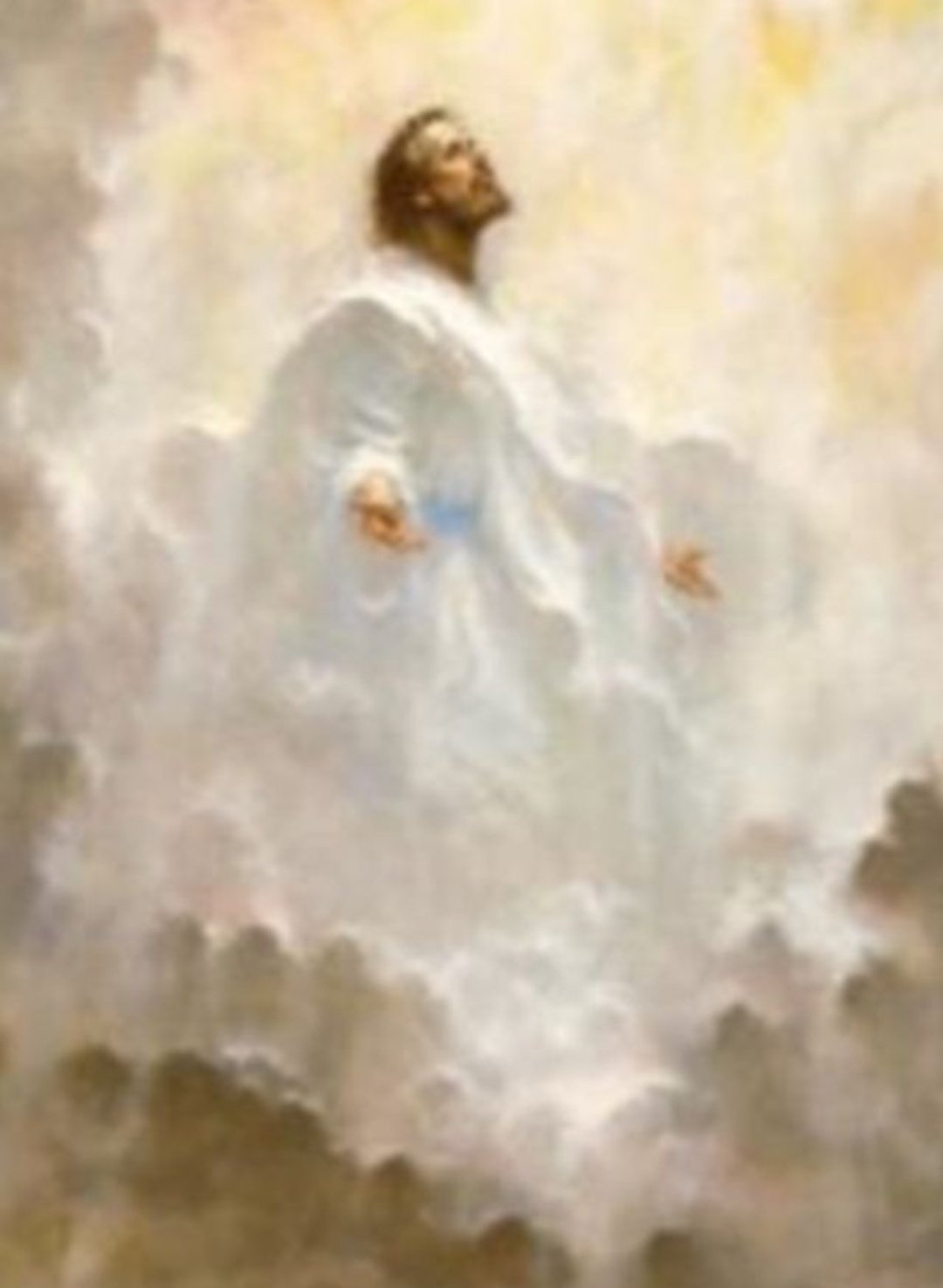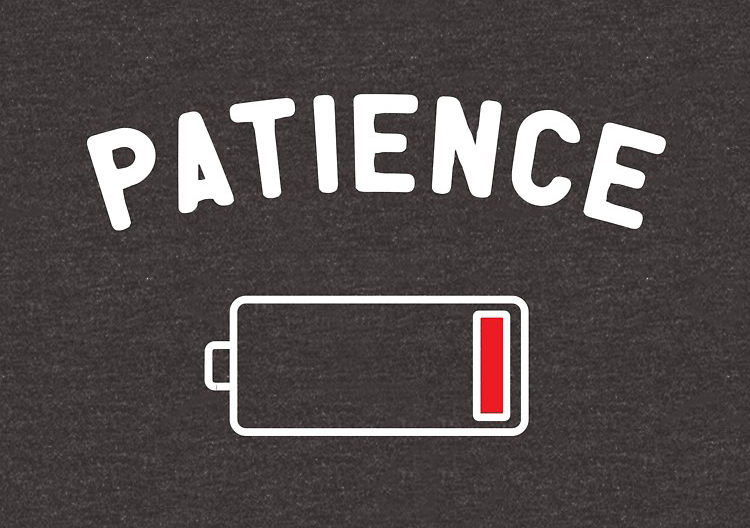Sermon for the Seventh Sunday of Easter (C), the Sunday after the Ascension, preached on Sunday, May 29, 2022.
There are moments when our concern turns to heaven but for the most part, we are focused on this life, this moment, and this world. When age brings it frailty of body and mind, there are many who long to fall asleep here on earth and awaken in the arms of our Savior. But not most of us. We have things to do and places to go and experiences to enjoy. We find death an unfair interruption when it comes before our plans are fulfilled. We work to keep death at bay long enough for us to fill our moments with all the things we desire. We pray God to do this for us when death comes as a thief to steal life away. When we are old or weak or impaired and have nothing more to look forward to, then our attention may turn to heaven. But not now.
Some churches have noticed this and adjusted the preaching and content of worship so that it no longer points to heaven but to the wants, desires, and needs of this day and this moment. In those churches you hear little of sin and forgiveness as the bridge Jesus laid so that we might be prepared for heaven even now while we live this earthly life. In those churches, worship is focused on now and its goal is to entertain, inspire, encourage, and equip you to achieve your earthly dreams.
Some have said that our liturgical and richly ceremonial worship makes us odd – even for a Lutheran congregation. That we go beyond what is in the hymnal to supplement the basic order that should be found in every Lutheran congregation to add back in liturgical elements and rituals not in the average parish. That is true. But this is not an aesthetic or personal preference. This is because the Divine Service does not reflect the earthly locale in which we live but the heavenly liturgy for which we are even now being prepared.
The oddest thing about worship in this congregation is not the ceremonial and liturgical part but its heavenward direction. The Divine Service is a rehearsal for eternity, a glimpse of the heavenly future God has prepared for us – to which we will come by His grace and mercy. You see a bit of Revelation in this Sanctuary both in the art and setting of the space. Here we do not merely sing of the foretaste of the feast to come but we eat that foretaste, Christ preparing us to meet that future with His own voice in the Word and flesh and blood in the Sacrament. Heavenward worship seems strange to our earthly lives but it is God’s focus and direction from our new life born of baptismal waters directed by the Spirit.
We are certainly in the world but we are not of it; our citizenship is on high, our lives are not simply a brief span of 70 or 80 or more year but the blood shed for our sins and the resurrection that prefigures our own resurrection in Christ to be with Christ forever. This life we now experience is the briefest portion of the lives we have in Christ but our great temptation is to focus more on today then eternity.
You heard this in the high priestly prayer of Jesus prayed on Maundy Thursday before His betrayal, suffering, death, and resurrection. “Father, I desire that they also, whom you have given me, may be with me where I am, to see my glory that you have given me because you loved me before the foundation of the world.”
To be with Jesus is not a mental state or an imaginary place but the most real life of all. To be with Jesus is to dwell with Him where He has promised to be in the Word and Sacraments, in the Divine Service, so that we may also be with Him in the place where He has gone ahead. He is even now preparing the way for us in this Divine Service so that we may come to Him, be with Him where He is, and behold the glory that only Jesus knew before the foundation of the world. This is the new destiny of the baptized, who believe Christ and pray for His will to be fulfilled.
As tempting as it is to believe that God’s almighty purpose is to handle the things of this world, deal with the problems of this life, fulfill our hopes and dreams for these days, and answer our prayers so heavenly weighted to the present, God has a bigger goal. Heaven is Jesus’ prayer for you and His work by the power of the Spirit is to fit you for the heavenly place He has prepared. Everything in this life is a practice or rehearsal for eternity – at least for the Christian.
Even our daily cycle of confession and repentance for our sins is not simply so that these sins will not trouble us but so we may be forward focused instead of looking in the rear view mirror. We were found as sinners in a sinful world but Jesus refuses to let sin stain us. He has washed us clean and placed on us the white robes of His righteousness so that we are ready and prepared for the heavenly future that is our destiny in Christ.
How we gather here, right now, at the bidding of the Spirit, and what we do here in this Divine Service are working toward that heavenly future. People complain that worship is not practical but it is this life which is not practical. Sin and death have made this life most impractical. All our labors for this life end in a few shovels of dirt over a hole in the ground. All our work to compress the living of a lifetime into whatever days is no consolation at all when age steals those memories and turns our loved ones into strangers. If this is all life is or the best life we live, no wonder some people live in despair. The rescue of our Savior is not the repair of a broken life but the gift of the eternal to a mortal people. This world and this life is what it is but the life Christ has prepared and the future He has created by His death and resurrection is the most real and practical things of all.
The world in all its glory cannot compare with the glory of God. For now we glimpse that glory in the most unlikely places – in water the stirs with everlasting life, in words through which God works His saving will, in bread and wine that feeds us heavenly food as a foretaste of the eternal which is to come. But one day the glimpse will give way to a reality beyond imagination. Here there will be no need of forgiveness for sin will end and be banished from our consciences forever. Our yesterdays will not need to be remembered because we will be filled with the today of God’s grace and mercy. There will be no tears of sorrow or loss, no enemies to trouble us, no painful separations, and no bodies to age or decay. This is what God has prepared for you and for me and for all who have loved His appearing and this is what worship is preparing us to enjoy.
The world does not know this or get this. The world cannot imagine why anyone would live their lives toward a future no one can see and which we see only by faith. The world has made its peace with death and wonders why you have not. The world puts its hope in the gods of technology and science and medicine and pleasure. The world snickers at what it does not understand or reason or touch. When God calls us not to reflect the world, this is not simply about avoiding evil but living toward the future where righteousness and purity are complete.
The name of God was placed upon you in your baptism. You are no longer your own. You belong to the Lord. You are not the old creation marked by sin for death but the child of God marked by His grace for a future that will live when this world is dead. You are not unloved or alone or on your own. The love that calls us friends has come that we might be in Christ now and with Christ forevermore.
My friends, life is not a mystery to be cracked or explained but a cross planted in death and a tomb which could not hold its occupant anymore. Every day in this life, Christ builds us in faith that we may see not only His tomb as empty but ours when the day comes for us to be with Him forever. Now by faith but then face to face, destined for greater glory than this world has ever known or will ever know, this is the hope we live, the consolation we know, and the peace that passes understanding.
Christ is risen! He is risen indeed. Risen, ascended, and glorified. Amen. Alleluia!
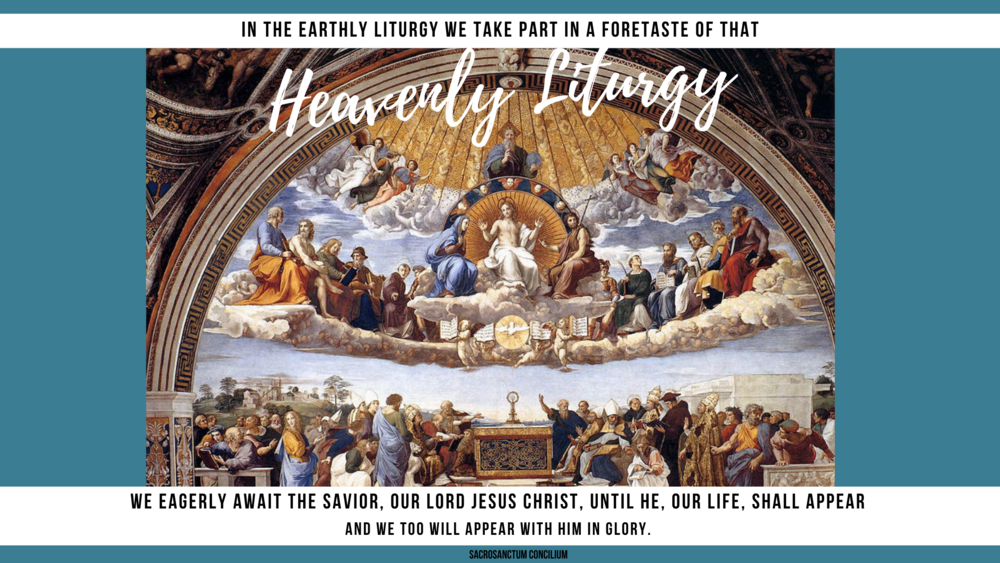


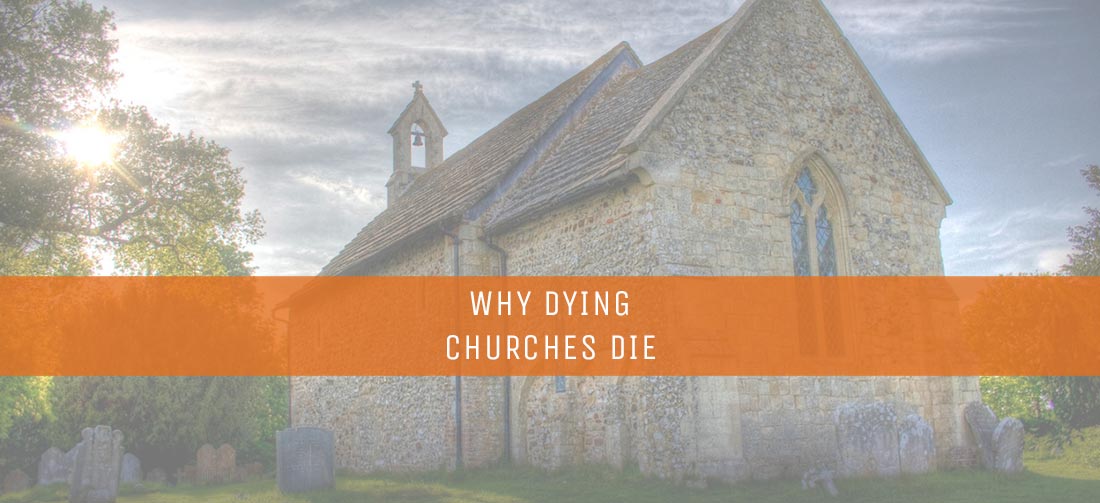
 Sermon for Ascension, preached on Thursday, May 26, 2022.
Sermon for Ascension, preached on Thursday, May 26, 2022. 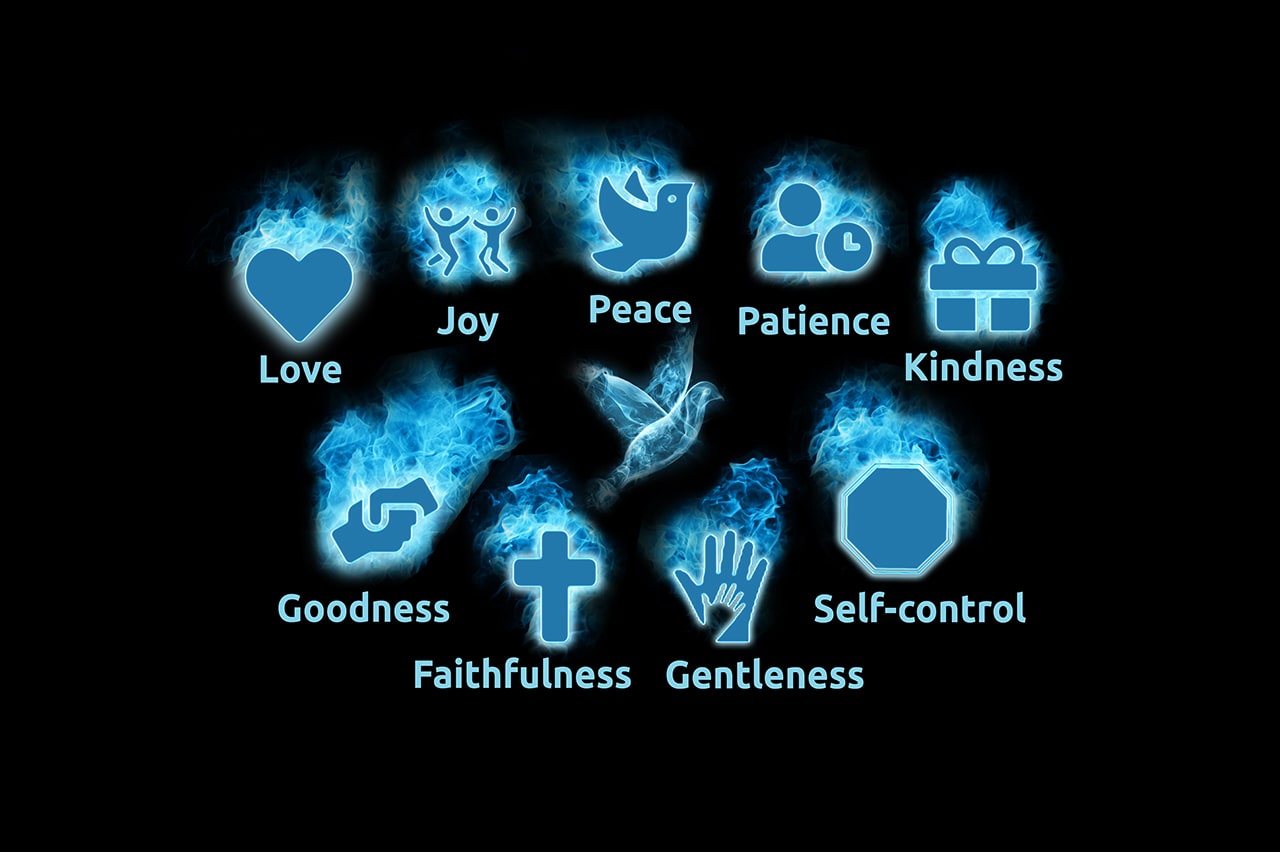

_-_stained_glass%2C_Ascension%20CROP.jpg?itok=MHGBvHqw)

